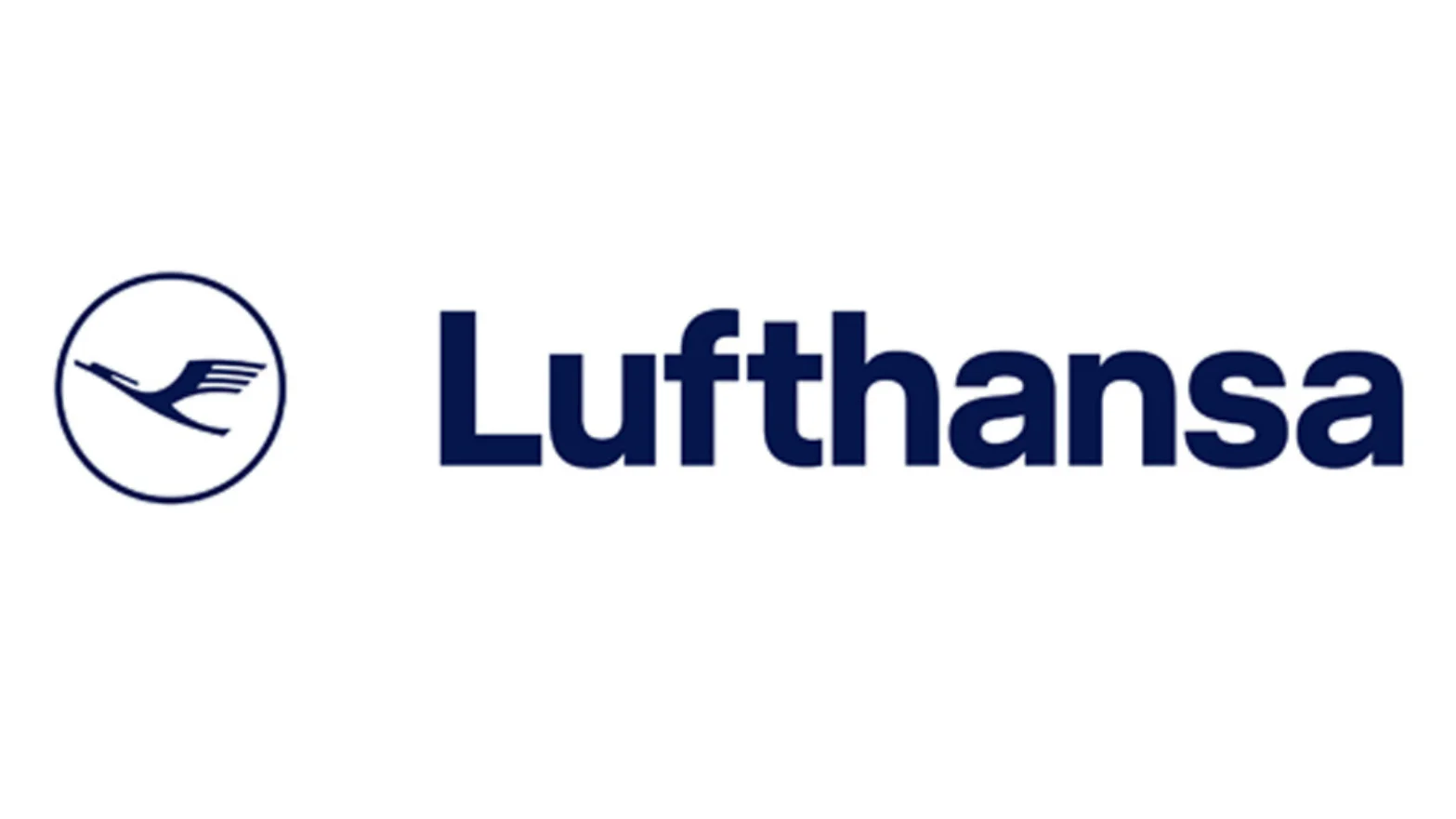The Federal Aviation Administration (FAA) has granted Airbus an exemption to install an oblique seat with an airbag and a 3-point or pretensioner restraint system on its A321neo Airbus Cabin Flex (ACF) and A321XLR aircraft. This decision follows Airbus's application for an amendment to the type certificate of the A320 family in April 2022, as existing airworthiness regulations lacked adequate safety standards for such a design.
Airbus requested approval for a "single-occupant oblique seat with an airbag and 3-point or pretensioner restraint system, positioned at a 49-degree angle from the cabin centerline in new Airbus Model A321neo ACF and A321neo XLR airplanes." According to Title 14 of the Code of Federal Regulations, § 25.785(d), seats installed at more than an 18-degree angle must protect occupants from head injury using specific restraints.
The FAA conducted research indicating that unrestrained flailing of the upper torso can cause serious spinal and torso injuries. Tests with an FAA H-III anthropomorphic test device identified lumbar spinal tension levels corresponding to no-injury impact severity. The FAA implemented this spinal tension limit in special conditions for oblique seats, noting that while shoulder harnesses are common in flight attendant or pilot seats, this design is novel for commercial passenger seats.
 Alerts Sign-up
Alerts Sign-up












